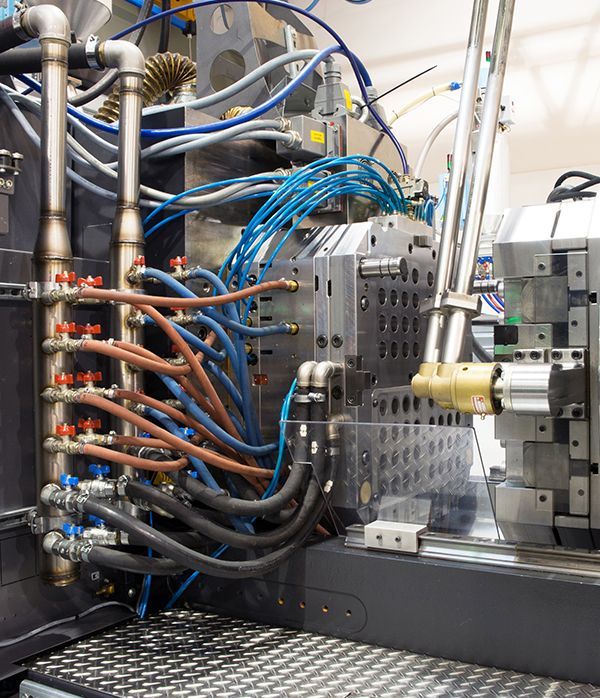Indoor air quality is a crucial aspect of maintaining a healthy and comfortable living environment. However, it is not just the presence of dust or allergens that can affect the air quality in our homes. The use of chemical pesticides for pest control can also have a significant impact on indoor air quality.
Pest infestation is a common problem that many homeowners face, and getting rid of these unwanted guests often involves the use of harsh chemicals. While these chemicals may effectively eliminate pests, they can also pose potential health risks to humans and pets living in the house.
Chemical pesticides contain toxic ingredients that are harmful to both humans and the environment. These toxins can irritate the eyes, nose, throat, and skin when inhaled or exposed to contact. They may also cause allergic reactions or worsen respiratory conditions such as asthma.
Moreover, these chemicals do not disappear once they have served their purpose; they linger in our homes long after we have sprayed them. This continuous exposure to toxic chemicals can have serious long-term effects on our health.
Fortunately, there are safer alternatives for pest control that do not compromise indoor air quality. Integrated Pest Management (IPM) techniques focus on preventing pest problems before https://sydney-nsw.aussiestoresonline.com/safe-pest-control/ they occur rather than using chemical solutions once an infestation has already taken place.
One way to prevent pests without compromising indoor air quality is by maintaining proper sanitation practices at home. Pests are attracted to dirty environments where food debris and moisture are abundant, so keeping your home clean and dry will make it less appealing for insects and rodents.
Sealing cracks around doors, windowsills, and foundation walls is another effective method for preventing pests from entering your home without having to rely on chemical sprays or powders.
In addition to practicing good hygiene habits at home, there are natural alternatives that you can use for safe pest control. Essential oils like peppermint oil or eucalyptus oil have strong scents that repel insects and can be used as a non-toxic alternative to chemical pesticides. Boric acid, a mineral found in nature, is also effective in controlling pests without harming indoor air quality.
Moreover, some insects can act as natural pest control agents themselves. Ladybugs, for example, feed on aphids which are common garden pests. Introducing ladybugs into your garden or house plants can help keep pests at bay without the use of harmful chemicals.
In conclusion, maintaining clean and dry living spaces and using natural alternatives for pest control are essential to ensuring the safety of our indoor air quality. Chemical pesticides have proven to be effective in eliminating pests; however, they also come with health risks that should not be overlooked. By implementing safer pest control methods like IPM techniques and using natural alternatives, we can maintain a healthy living environment while keeping unwanted guests at bay.



